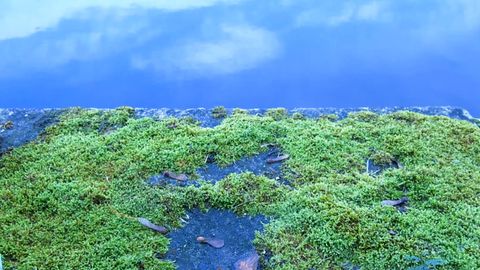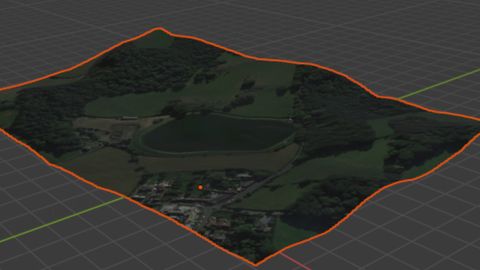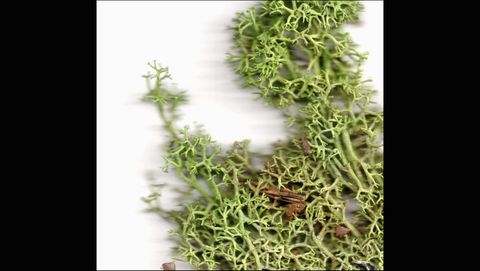Moss Rain Paradox
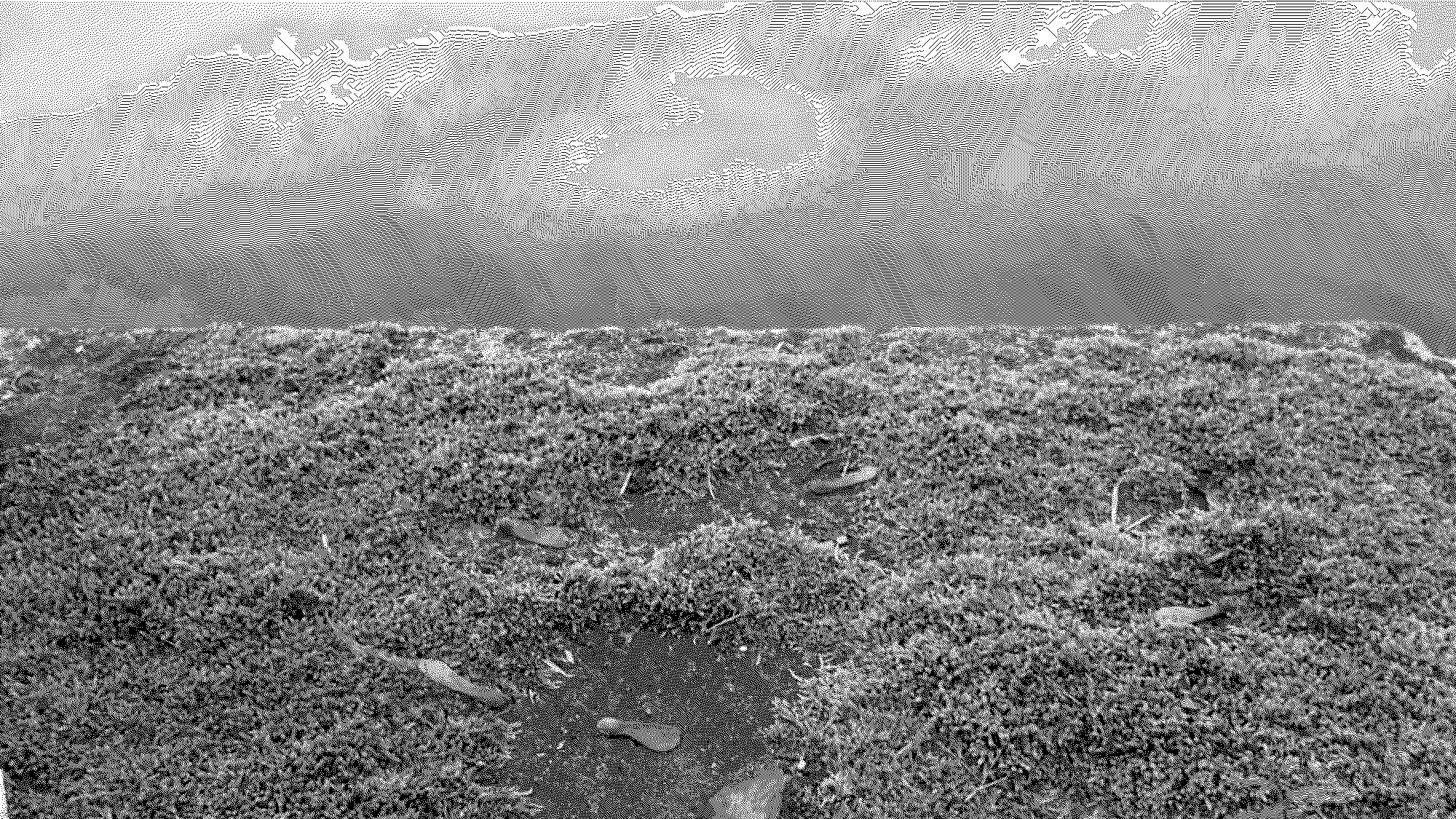
Moss Rain Paradox
Refocusing Climate Framings
Angela YT Chan
Invisible Changes
Climate communication framings influence our perceptions of the global crisis and can inform what actions we choose to take.
Moss Rain Paradox is a research project that examines the UK’s imminent water scarcity issues and responds to a spectrum of climate perspectives. From the existing context of governmental and commercial public awareness campaigns (such as The Great British Rain Paradox), to forms of intimate and communal everyday participation in climate justice, I document how certain framings pre-emptively determine the futures of our lived realities in the face of climate impacts in the UK.
This project reflects my wider work to centre the perspectives and situations of people who are systemically minoritised by this country’s environmental inequalities, as part of the broader set of social oppressions sustained by racial, class, gender, LGBTQIA+, disability, and immigration injustices.
Mapping Climate Framings
The Great British Rain Paradox prompts my investigation into current nationwide climate framings on our water scarcity crisis, which is projected to impact the UK in as soon as twenty years’ time. The report was published in June 2020 by RB Finish, with support from the Love Water campaign and a foreword by the Chief Executive of the Environmental Agency. It reveals the public’s lack of awareness as being dependent on the perception of the isles as a place of frequent rainfall, and thus formed by the invisibility of climate change.
Central to the report’s analysis of water scarcity influences are household consumer habits and it proposes behavioural changes to conserve water usages in light of “climate change and population growth”.1 I critique the dangerous eco-fascism in Malthusian claims, opposing it to more correct assessments based on consumption footprints. This is especially important in revealing the prevalent high wastage behaviours spurred by the neglectful state environmental deregulations of profiting, extractive, greenwashing corporations, as well as the most affluent in society, who have higher access to materially and socially wasteful habits.
Moss Rain Paradox attempts to map how biases in today’s widespread climate framings are calculated, speculative scenarios that not only inform public awareness by relaying facts but can also shape it through socio-political agendas. Critically, framings hold the influence to enact further framings through media dissemination and wider public discussions. Often climate culprits, such as the fossil fuel industry and complicit governing partners, deflect their accountability to the crisis by producing narratives to blame others and deter them from their responsibility towards reparative change and solutions. It is important not to underestimate how such framings can seed xenophobia through pre-emptive or remedial solutions to our state- and corporation-induced global crisis.
Those most at risk of being negatively framed are people marginalised by racial, economic, and a range of social exclusions, who are already compromised by systemic injustices. The oncoming water crisis only threatens the rise of an already unjust and unsafe situation. With this, tracking the framings of the UK’s mainstream water scarcity campaigns, alongside more communally and personally held ones at a citizen level, offers an insight into the varying subjectivity of public awareness communications and how they determine the evolving political challenge.
1Cambridge Water Company, “The Great British Rain Paradox”, Cambridge Water Company News, 2020, (https://www.cambridge-water.co.uk/news/the-great-british-rain-paradox)[https://www.cambridge-water.co.uk/news/the-great-british-rain-paradox], accessed 21 November 2020.
Pre-Existing Futures
Through a selection of video and audio recordings, I open communal “living room” conversations around the UK, to talk about water in a more personal light with other people of minoritised backgrounds, who are often excluded from mainstream climate conversations.
Together, we enlarge the framings of water issues with relatable, intergenerational, and diasporic experiences and memories of water practices and sense of place. We also determine how existing anti-colonial climate organising speculates to the near futures—ones which are not time signalled by catastrophe deadlines but to futures informed by already lived, communally remembered histories.
The wider interactive body of research, documentation, and imaginings of Moss Rain Paradox acts as a collective self-archive of our framings on climate impacts and water scarcity in the UK, in light of The Great British Rain Paradox report. I hope it speaks as much to the (in)visibility of the water issues, as to our experiences, anxieties, and hopes, which are not reflected in nationwide surveys and reports conducted by the state or corporate entities.
Further, it advocates for critical assessments of biases in public climate change framings, to recentre ethics and justice. The interpersonal discussions also explore nationwide developments of eco-anxiety and climate grief, as we contend with our overlapping climate, health, and social crises.
Knowing Worlds
Mosses have been my subject of regular video recording for several years. I document their shapes, colours, and tactility in urban and rural places—often to the natural soundscapes of trickling water and the hum of surrounding activities. I bring their smallness and softness to a social media feed; it is a reminder to rehydrate and recalibrate a sense of groundedness, while we roam timelessly in the digital space.
In my speculative fiction writing alongside this research project, I lean towards mosses as the biotechnology we often invisibilise, even in proximate landscapes. They are frequently used as organic remote sensing devices to monitor air and water pollution, in what is known as bryomonitoring. I imagine them, with their agency as environmental communicators, in a longer-term conversation with us about climate change and water conservation and storage, particularly within the two decades to come.
As bryologist and writer Robin Wall Kimmerer offers, “Knowing our mosses enriches our knowing of the world”.2 My narrative magnifies the close and responsive relationships that mosses have with their environments and other actors over time, to recentre this attentiveness and responsiveness to the processes we make towards water resilience as a form of social and climate justice.
2Robin Wall Kimmerer, Gathering Moss: A Natural And Cultural History Of Mosses (Corvallis, OR: Oregon State University Press, 2003), 11.
About the author
-
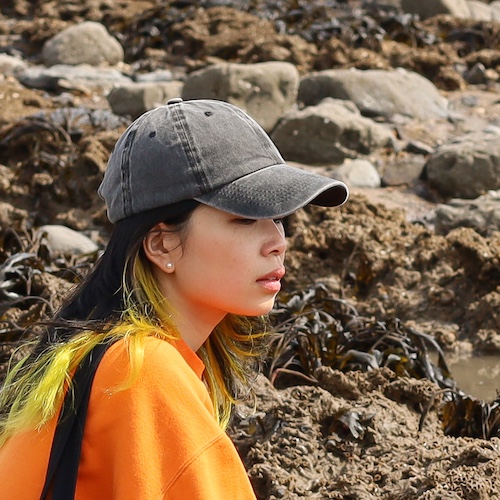 Angela YT Chan is an independent researcher and artist investigating contemporary climate change narratives in relation to colonial history, technology, and justice. She is interested in how the unfolding timeline of climate change is framed in the public discourse, through diverse interests with varying power dynamics. Her research-art projects often include interdisciplinary collaborations in policy, journalism, academia and activism, and materialises in various outputs, such as workshops, illustrations, videos, writing and creative coding for sound and visuals.Angela has produced curatorial projects and workshops, collaborating with artists, activists and youth groups (formerly under the name Worm: art + ecology, 2014-2020). She also co-directs the London Science Fiction Research Community. As an educator she has taught climate colonialism, environmental arts, and media and cultural theory, and mentors artists working on digital media technologies. Angela is also a research consultant, having worked in international climate and cultural policy at Julie’s Bicycle, and on climate projects for major cultural institutions.
Angela YT Chan is an independent researcher and artist investigating contemporary climate change narratives in relation to colonial history, technology, and justice. She is interested in how the unfolding timeline of climate change is framed in the public discourse, through diverse interests with varying power dynamics. Her research-art projects often include interdisciplinary collaborations in policy, journalism, academia and activism, and materialises in various outputs, such as workshops, illustrations, videos, writing and creative coding for sound and visuals.Angela has produced curatorial projects and workshops, collaborating with artists, activists and youth groups (formerly under the name Worm: art + ecology, 2014-2020). She also co-directs the London Science Fiction Research Community. As an educator she has taught climate colonialism, environmental arts, and media and cultural theory, and mentors artists working on digital media technologies. Angela is also a research consultant, having worked in international climate and cultural policy at Julie’s Bicycle, and on climate projects for major cultural institutions.
Footnotes
-
1
Cambridge Water Company, “The Great British Rain Paradox”, Cambridge Water Company News, 2020, (https://www.cambridge-water.co.uk/news/the-great-british-rain-paradox)[https://www.cambridge-water.co.uk/news/the-great-british-rain-paradox], accessed 21 November 2020. ↩︎
-
2
Robin Wall Kimmerer, Gathering Moss: A Natural And Cultural History Of Mosses (Corvallis, OR: Oregon State University Press, 2003), 11. ↩︎
Imprint
| Author | Angela YT Chan |
|---|---|
| Date | 30 November 2020 |
| Category | Artist Collaboration |
| Review status | Peer Reviewed (Editorial Group) |
| License | Creative Commons Attribution-NonCommercial 4.0 International (CC BY-NC 4.0) |
| Downloads | PDF format |
| Article DOI | https://doi.org/10.17658/issn.2058-5462/issue-18/achan |
| Cite as | Chan, Angela. “Moss Rain Paradox: Refocusing Climate Framings.” In British Art Studies. London and New Haven: Paul Mellon Centre for Studies in British Art and Yale University Press, 2020. https://doi.org/10.17658/issn.2058-5462/issue-18/achan. |
